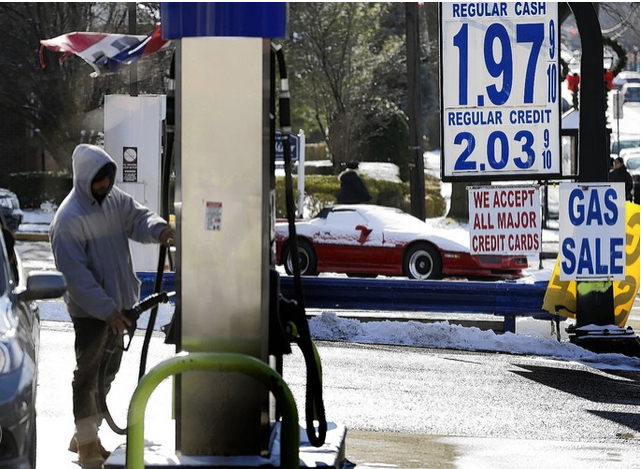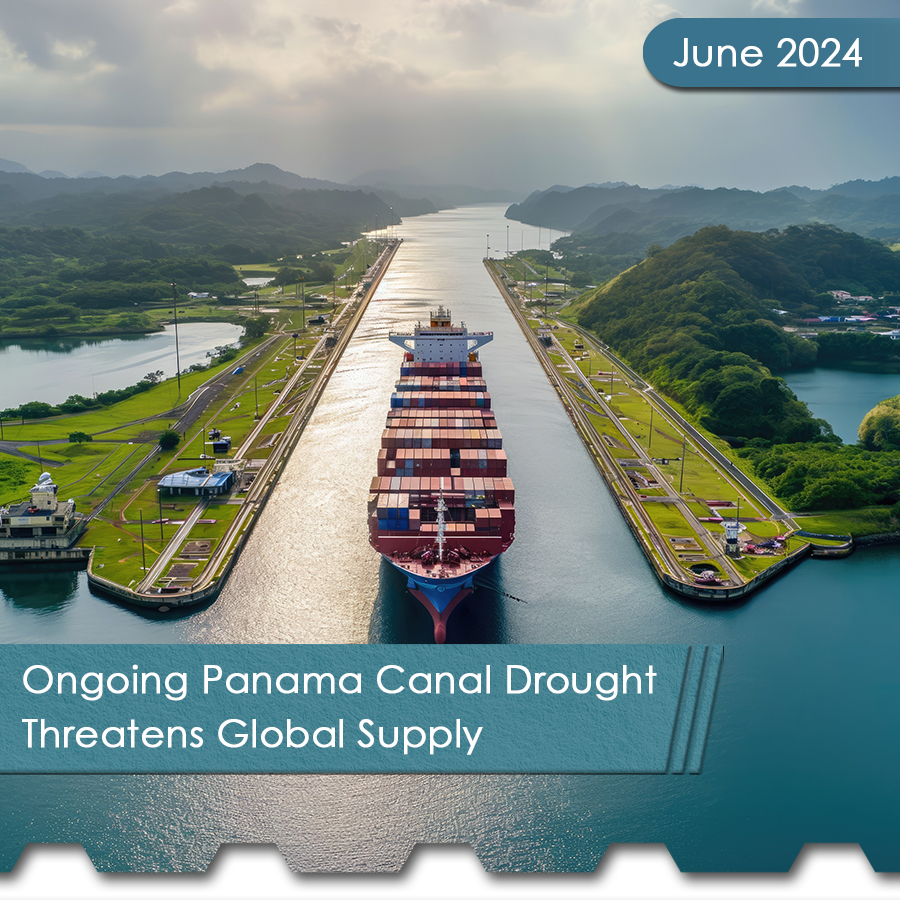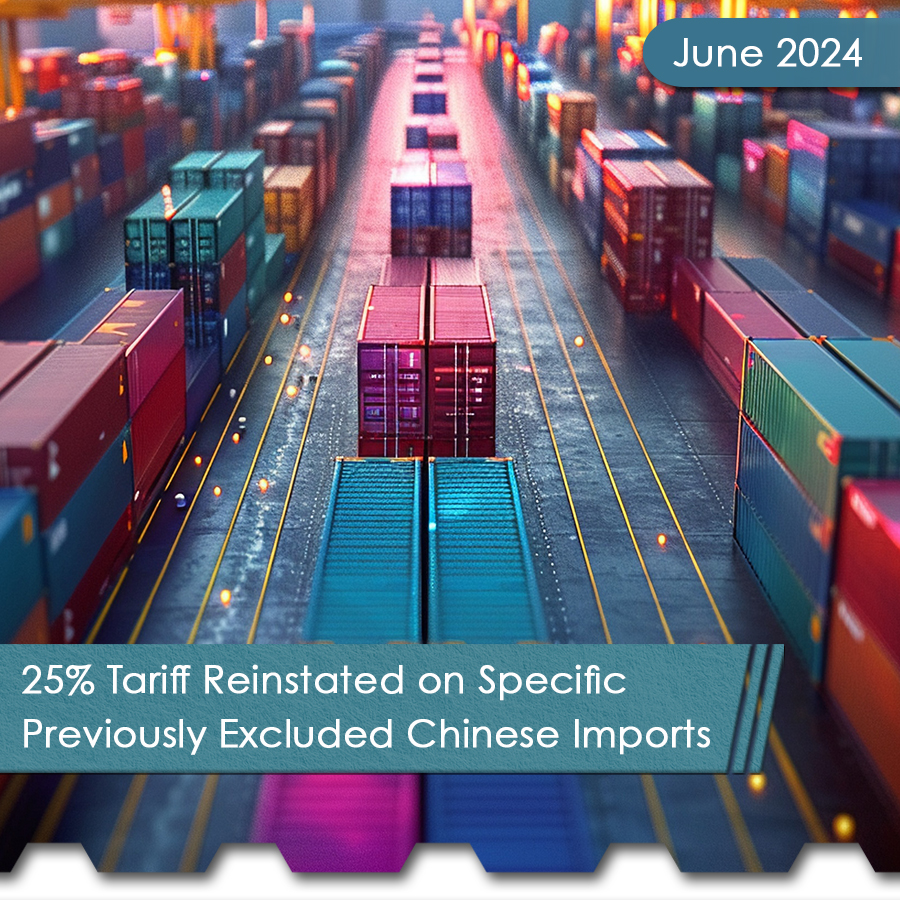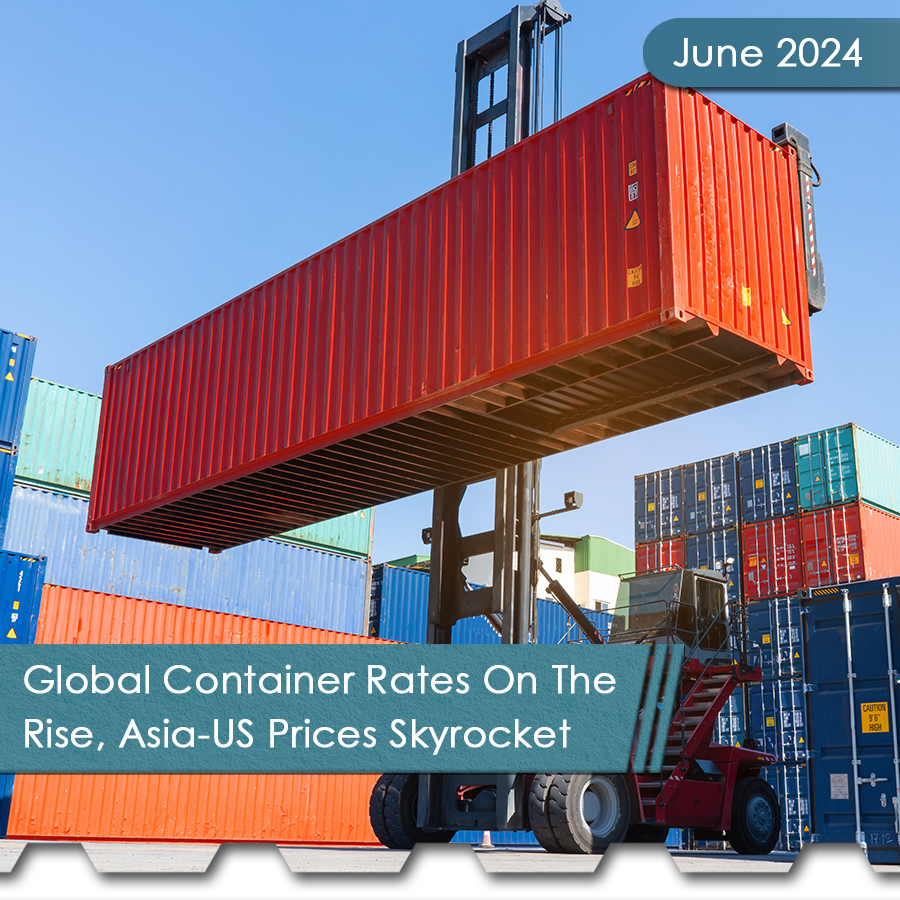Economy in question as oil prices fall to levels not seen for a decade. Developing countries to world powerhouses are experiencing dramatic economic change. Nations facing runaway inflation a year ago are now concerned about deflation. Both can wreak havoc with unstable economies. Without doubt, cheap oil does not necessarily mean automatic economic growth. Those who enjoy the benefits do so at the peril of those who depend on oil profits to make a living.
Although Big Oil is constantly fighting court battles for price gouging and unfair business practices, the executives who enjoy those profits are not suffering. The people and governments that depend on oil revenues to support their economy are hurt the most.
This week we’ll look at steps being taken by some governments to offset deficits imposed by declining oil prices and see what leading economists and business leaders say about the future. Some believe the oil industry is self-correcting— many disagree.
Why Cheap Oil Does Not Always Stimulate the Economy
A Wall Street Journal article by writers Ian Talley in Washington and Brian Spegele in Beijing explain the perils of cheap oil. The collaboration addresses the issues of raising taxes to keep pump prices high and how lower costs fuel fears of deflation.
European Central Bank President Mario Draghi called the effect of falling oil prices “unambiguously positive”, while Adam Posen, president of the Peterson Institute for International Economics said: “There are still going to be positive effects from the shock, they just haven’t shown up yet.”
But data pouring in from around the world does not necessarily agree.
Many companies are reporting that cheaper oil is fueling customer backlash. Consumers are demanding lower prices for items like plastics, tires, synthetic fabrics and detergents.
Oil Companies Unlikely to Cut Output Due to Debt
A recent Bloomberg article by Daniel Murtaugh and Grant Smith reports that energy companies may be slow to cut oil production after a 50 percent fall in prices because they need to service debt that has risen fourfold since 2003.
The Bank for International Settlements, a Basel, Switzerland-based institution said in a report that: “Debt-service requirements may induce continued physical production of oil to maintain cash flows, delaying the reduction in supply in the market.”
Obama Prepares to Deliver Divisive Veto
On another oil related economic front, a Hill report by Laura Barron-Lopez says that President Obama is just days away from issuing the biggest veto of his tenure, the Republican legislation authorizing the construction of the Keystone XL pipeline.
The controversial project has been a major cause of congressional division for years. Republicans are eagerly awaiting Obama’s stroke of the pen, believing every veto he makes will help them make the case that job-creating legislation is being blocked by a president of “no.”
Oil Could Shoot Back to $200—OPEC Leader
According to a Motley Fool writer Matt DiLallo, the oil market is totally focused on finding a bottom for oil prices. However, OPEC’s Secretary-General Abdylla al-Badri says we’ve already hit bottom. Additionally, he believes oil prices could explode to upwards of $200 per barrel in the future.
Those remarks wouldn’t mean much if they were coming from anyone other than OPEC’s Secretary-General so it should be taken seriously.
Steelworkers Expanding Strike to 2 BP Refineries in the Midwest
And to conclude today’s submission, an AP article by David Koenig reports on the first nationwide strike at U.S. oil refineries since 1980 that is spreading to two BP plants in the Midwest. This is a sign of major industry and economic unrest.
Union spokeswoman Lynne Hancock said the workers are seeking better health care benefits and limits on the use of contractors to replace union members in maintenance jobs. She said wages are not an issue.







